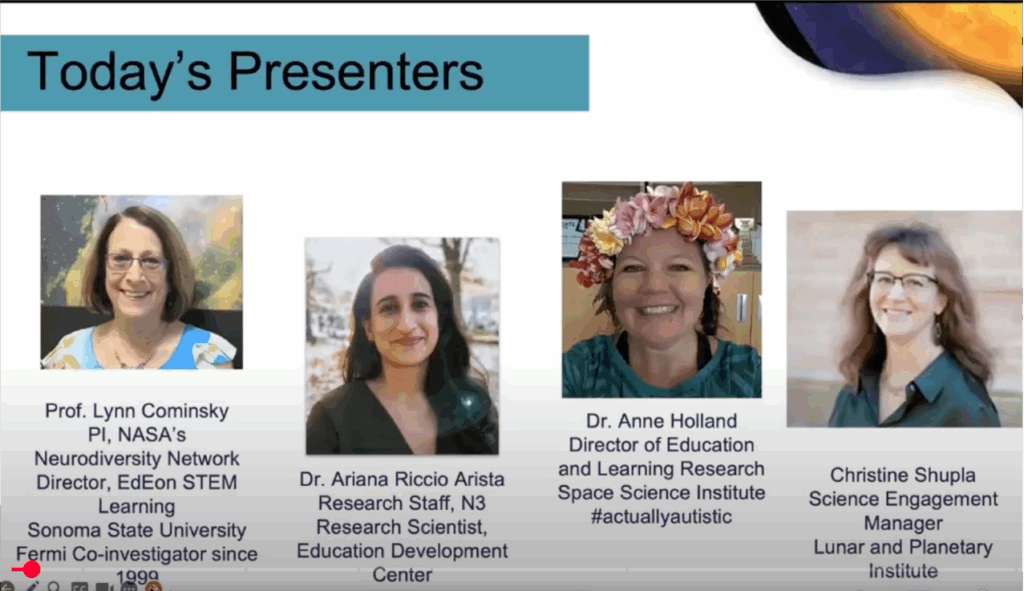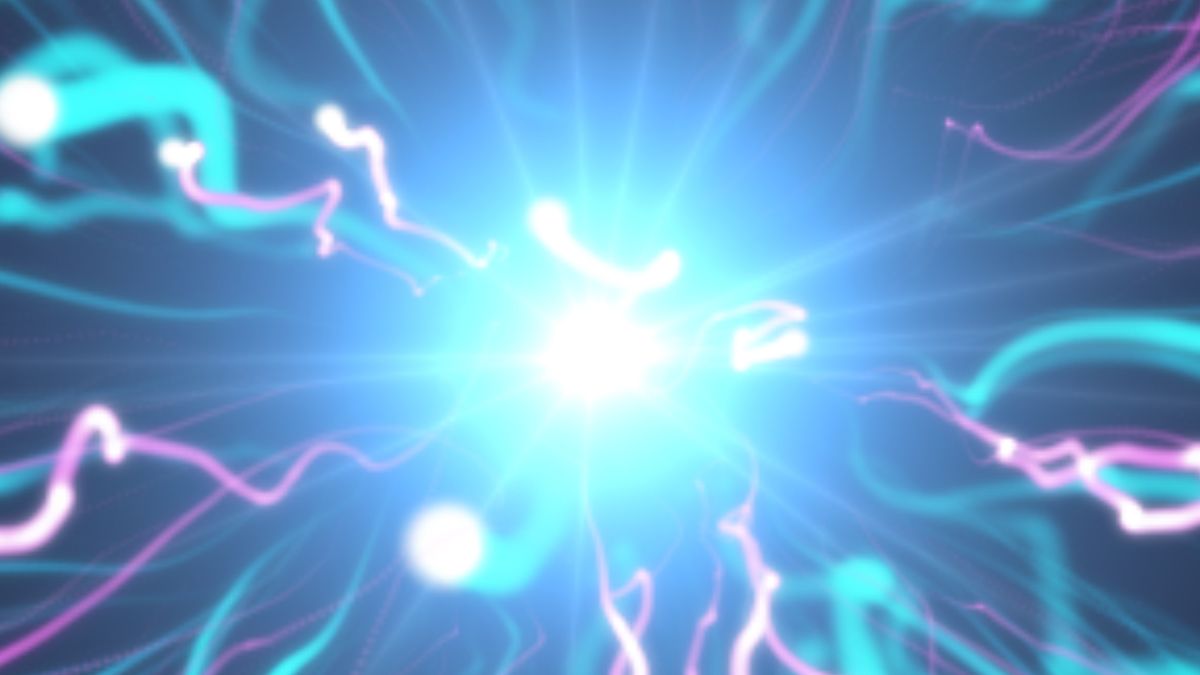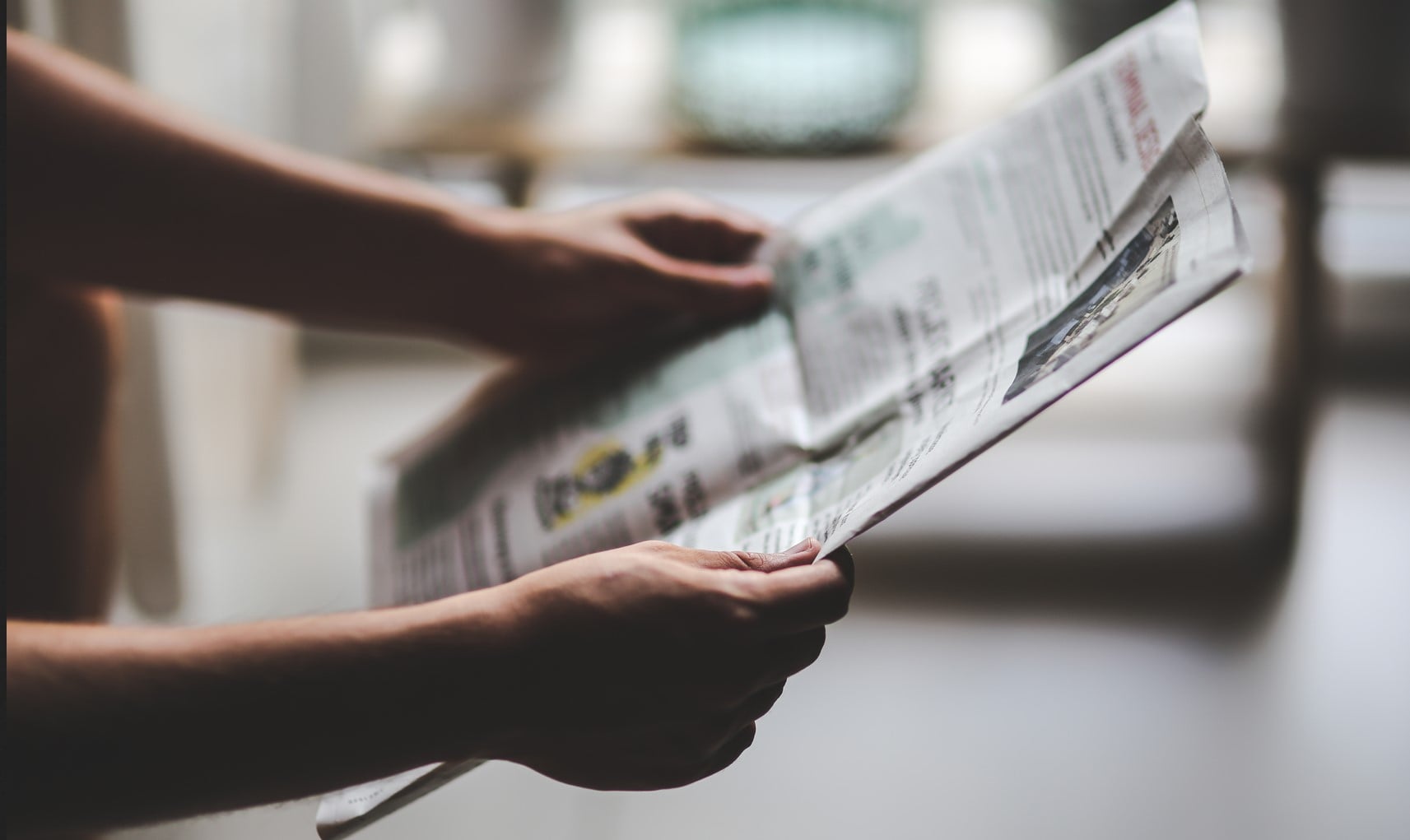
On July 16, 2025, over 400 public library staff from across the United States participated in a groundbreaking webinar titled Serving Neurodiverse Library Patrons and Colleagues. This event was hosted by two teams from the NASA Science Activation program: NASA@ My Library and NASA’s Neurodiversity Network (N3). The initiative aimed to foster more inclusive and supportive environments within libraries by sharing insights and best practices related to neurodiversity.
The webinar brought together a diverse group of researchers, library professionals, and individuals with lived experiences of neurodiversity. It was designed to equip library staff with the necessary tools and awareness to better serve neurodiverse patrons, including those with autism, attention deficit hyperactivity disorder (ADHD), dyslexia, and other cognitive variations. Additionally, the event emphasized the importance of supporting neurodiverse colleagues within the library workforce.
Creating Inclusive Library Environments
Libraries have long been seen as sanctuaries of knowledge and inclusivity. However, the unique needs of neurodiverse individuals often require more tailored approaches. The webinar addressed these needs by offering interactive sessions and breakout rooms where participants could delve into specific topics such as accessible program facilitation and workplace support for neurodiverse colleagues.
One of the key features of the event was an “Ask Me Anything” space, which encouraged open dialogue and learning. This format allowed library staff to directly engage with experts and individuals with neurodiverse experiences, fostering a deeper understanding of how to create welcoming spaces for all patrons.
The Role of NASA in Promoting Neurodiversity
The involvement of NASA in this initiative may come as a surprise to some, but the agency has a long-standing commitment to promoting diversity and inclusion. Through its Science Activation program, NASA seeks to engage communities across the nation in science and technology, ensuring that all individuals have the opportunity to participate in and benefit from scientific advancements.
Dr. Christine Nobbe, a leading figure in NASA’s outreach efforts, explained,
“Our goal is to make science accessible to everyone, regardless of their cognitive differences. By partnering with libraries, we can extend our reach and help create environments where neurodiverse individuals feel valued and supported.”
Expert Insights and Future Implications
Experts in neurodiversity emphasize the importance of such initiatives, noting that libraries play a crucial role in community engagement and education. Dr. Emily Jones, a neurodiversity researcher, highlighted the potential impact of the webinar, stating,
“By equipping library staff with the right tools and knowledge, we can significantly enhance the library experience for neurodiverse patrons. This not only benefits individuals but also strengthens community ties.”
The webinar is part of a broader movement towards inclusivity in public spaces. As awareness of neurodiversity continues to grow, institutions are increasingly recognizing the need to adapt their practices to better serve all community members. This development follows a trend of similar initiatives in educational and corporate settings, where inclusivity is becoming a central focus.
Looking Ahead: Next Steps for Libraries
Library staff who missed the live event are encouraged to watch the recorded webinar, which is available online. This resource serves as a valuable tool for ongoing education and training, allowing libraries to continue their journey towards inclusivity.
As libraries implement the strategies discussed in the webinar, the hope is that these efforts will lead to more welcoming and supportive environments for neurodiverse individuals. The collaboration between NASA and public libraries represents a significant step forward in the quest to create spaces where everyone can thrive.
Moving forward, the success of this initiative may inspire other organizations to explore similar partnerships, further advancing the cause of neurodiversity and inclusion across various sectors.




